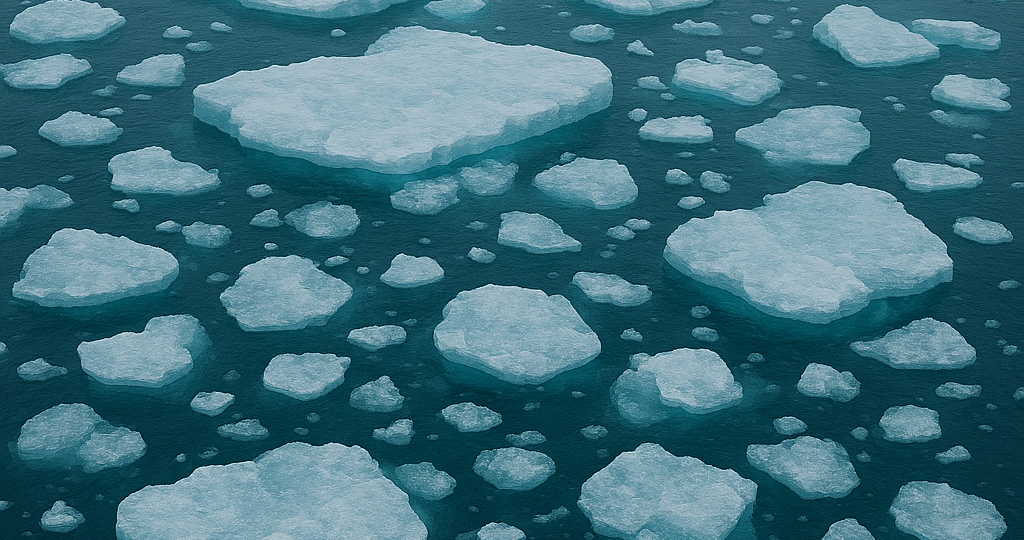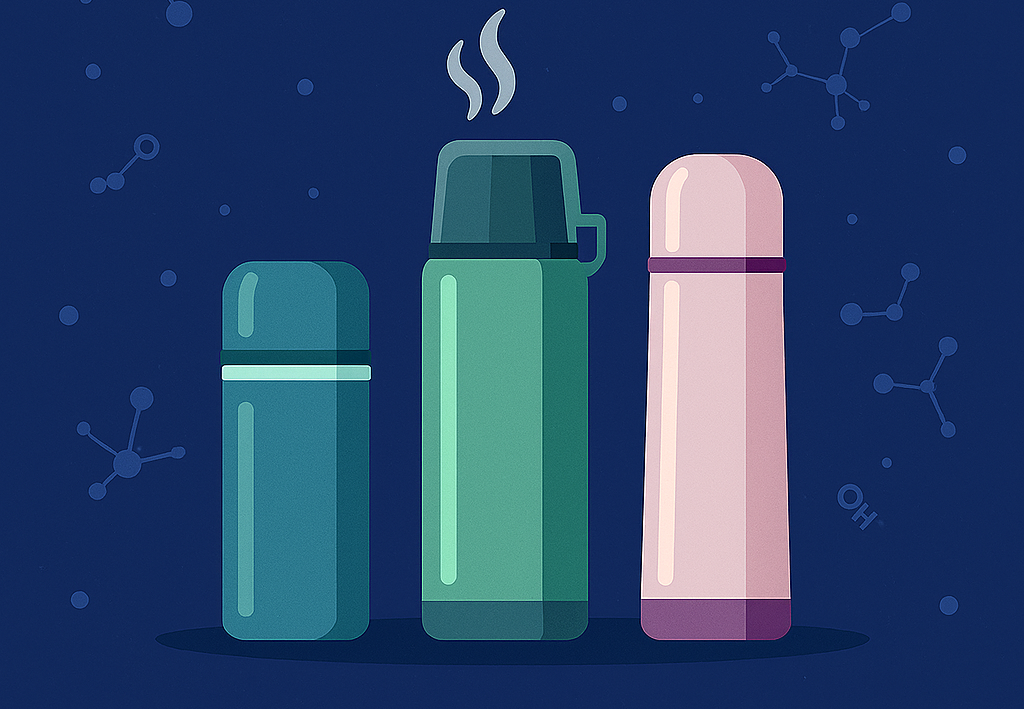
Have you ever wondered why ice cubes float in your drink instead of sinking to the bottom? It’s one of those everyday things we take for granted, but the chemistry behind it is pretty fascinating—and unique to water.
Most substances become denser when they freeze. That means their solid form sinks in their liquid form. But water doesn’t play by those rules. When water molecules freeze, they arrange themselves into a crystal structure held together by hydrogen bonds. This structure actually takes up more space than the liquid form, making solid water (ice) less dense than liquid water. And since less dense things float on more dense things, your ice cube bobs up to the top of the glass.
This little quirk of chemistry is more than just useful for cold drinks. It’s the reason life can exist in lakes and ponds during winter. If ice sank, entire bodies of water would freeze from the bottom up, killing ecosystems. Instead, ice forms a floating layer on the surface, insulating the water below and protecting fish, plants, and other creatures.
So, the next time you drop ice into your soda, you’re witnessing one of nature’s clever survival tricks in action. A simple float keeps entire ecosystems alive.
RELATED POSTS
View all


